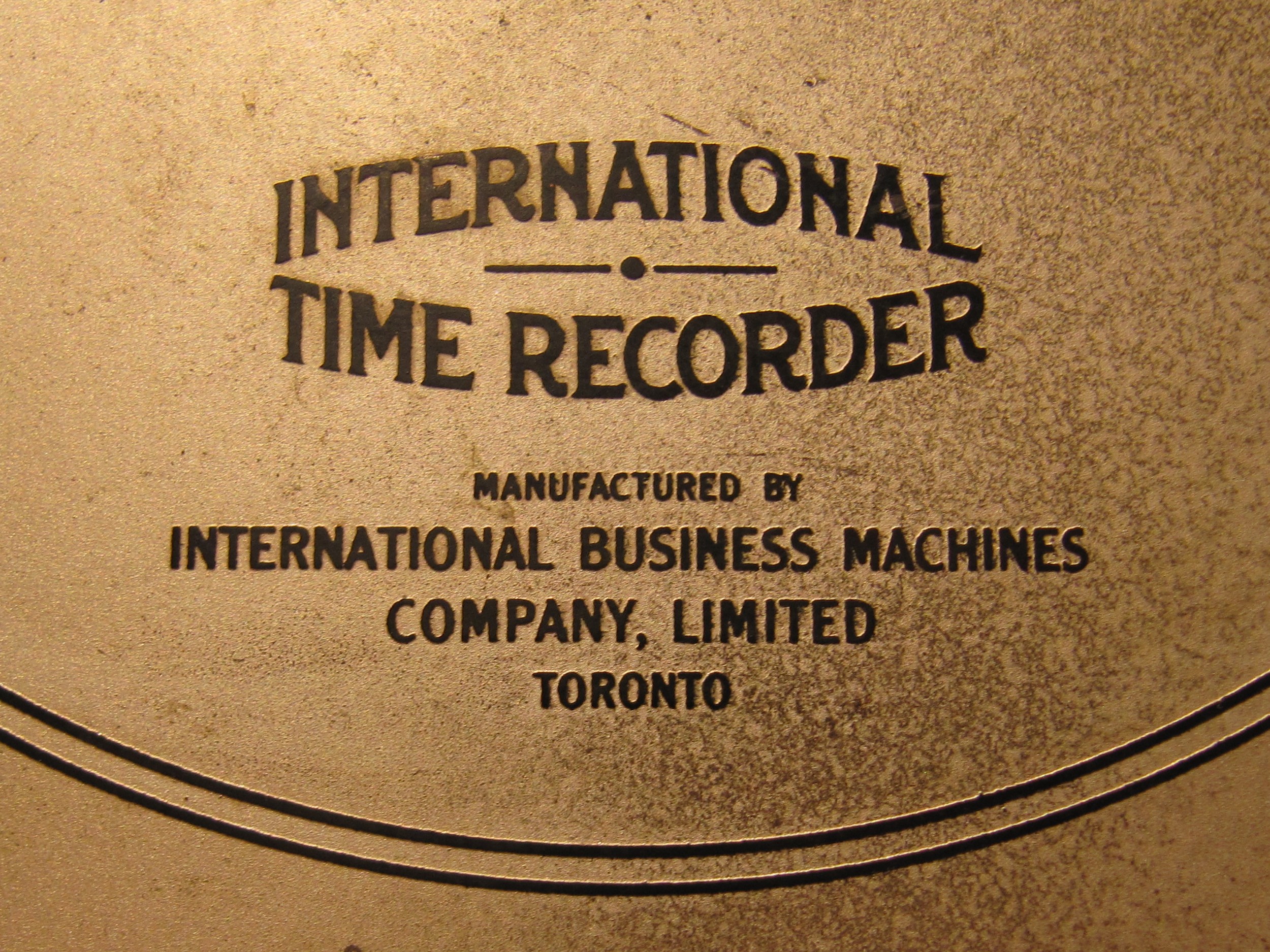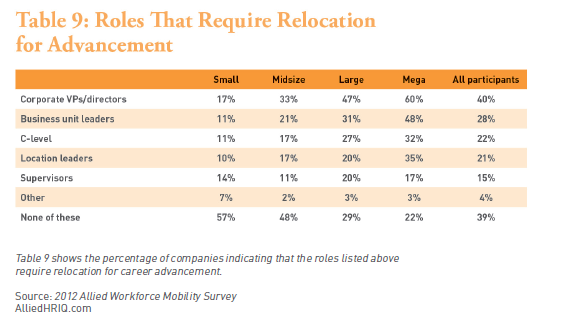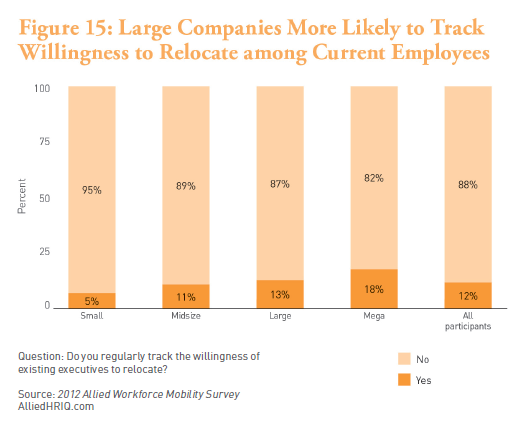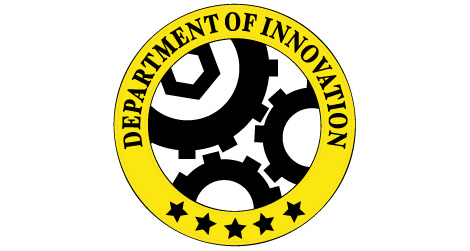There's only 14 hours in a day
You only have 12-14 working hours in an average day to get done what you need to get done, so you better get proficient and diligent about scheduling and time management.
That is the paraphrased advice I caught from one of the guests on an MSNBC show called 'Your Business', a show about tips, strategies, and advice for small business owners and aspiring entrepreneurs.
It's pretty easy to take that '12-14 hour' assertion and break it down to see if that kind of level of effort and commitment would work in your life of course. It's just a numbers game really.
Take the midpoint of 'working hours' say - 13
Give yourself an (optimistic) 6 hours for sleep.
That's 19 hours accounted for so far. You have 5 hours left, but that still seems like a lot, right?
Do you physically have to go to an office? If not, you likely on most days, have to go somewhere. Let's be conservative and say 1 hour a day (on average), is spent in transit, and such, more or less not available for 'work', or at least not usually.
4 hours left. That still feels like plenty.
There was a really popular book that came out a couple of years back that suggested 4 hours was enough to get a week's worth of work done. I admit to not reading the book and knowing anything about how one might actually successfully pull off that trick, but if someone can figure out how to cram a week's work into 4 hours, then that same amount of time each day has to be plenty for non-working, non-sleeping activities.
So what would need to be fit into the remaining 4 hours? Well depending on your personal situation, interests, and motivations, you'll need to select however many items you can from the (incomplete) list below:
1. Eating
2. Obtaining and/or preparing food and related items to support your need to eat
3. Personal care and hygiene
4. (If you have kids) whatever you do each day that passes for parenting
5. Family/friend social time
6. Everything else I missed
Can you fit that all in to 4 hours? Maybe. Again, on average maybe for a while.
Of course you or someone you take care of might get sick. Your car might break down. Some inconsiderate friend or family member might actually need more than about 45 minutes of your time at a stretch one day. And of course you need time to keep track of and update, (variously), Facebook, LinkedIn, (well that might be 'work'), Twitter, Instagram, Tumbr, Pinterest, etc.
But the interesting thing to me is not that the guest on the small business focused talk show casually tossed out the 12-14 hours as the standard or expected allotted or expected 'working day', it's that none of the other guests nor the host challenged the assertion in any way. It was a given. It was 'normal'. And while interesting, it certainly isn't surprising, everyone knows, (except maybe the 4-hour work week guy), that small business owners and entrepreneurs have to work longer and harder and give up mostly everything else in their lives for a time in order to get a new venture off the ground.
That kind of grind, and maybe even worse, comes with the territory. Which is one of the many reasons that small business ownership and entrepreneurship will never be for everyone. Lots of smart, talented, and dedicated folks simply can't or don't choose to sign up for that kind of grind, particularly when they hit a stage in their lives when personal and family obligations increase and become more important, (think kids' school and sports activities, elder care, spouse or partner job transition, and more).
What's the point?
I guess that 5 years in to a slowdown-recession-recovery-slowdown cycle that seemingly will go on another 5 years or so, and with so many organizations that have had to fight to survive many of the actual 'survivors' have had a long stretches of time where they've been asked and expected to have the dedication and submit to the lifestyle of the 12-14 hour a day entrepreneur, but usually without any (or many) of the associated benefits.
The owner and entrepreneur grinds it out because they have a vision, passion, and 'need' to see that vision realized. The W2 wage guy grinds it out usually for different reasons, to fulfill different needs, (almost all of which are financial), and that might be met just as easily somewhere else, and maybe in only 10 hours a day instead of 14.
I guess I really need an editor because after re-reading this I think I just churned 800 words to re-state the obvious - that leaders and organizations can't really expect the kind of sustained passion and dedication and commitment of an entrepreneur when all you are really offering is a few more dollars and the likelihood that your team members are making incredibly tough choices about what they have to miss each day that many of them never thought they'd have to make.
How many of your team, or possibly even you yourself, are thinking - 'Hey, I never signed up for this?'

 Steve
Steve




